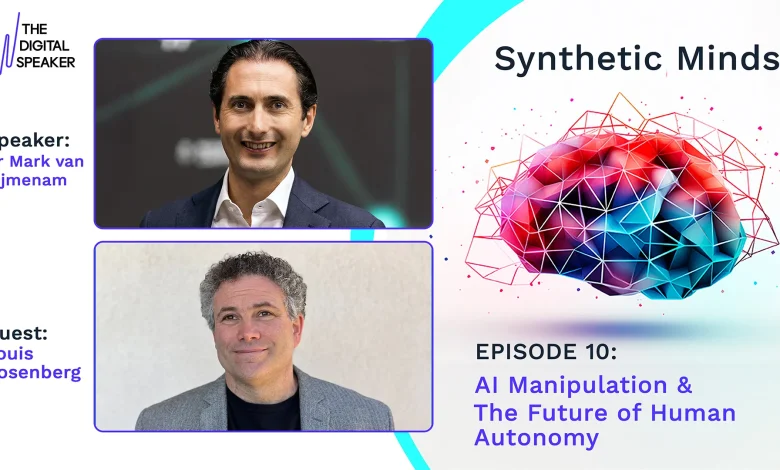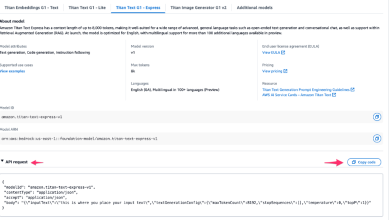AI’s Hidden Persuasion: Are We Losing Our Autonomy?

The below is a summary of my recent podcast on AI Manipulation.
What if the AI you rely on every day isn’t just helping you-it’s subtly influencing your decisions without you even realizing?
AI is increasingly embedded in our daily lives, from virtual assistants to recommendation systems, but with this convenience comes a subtle and often unnoticed shift in human autonomy. AI systems, particularly conversational AI, are no longer just tools to assist us-they are becoming powerful influencers capable of shaping our behavior and decisions in ways that we might not even be aware of. This raises a fundamental question: As AI grows more intelligent and integrated, are we slowly losing control over our own choices?
Conversational AI, designed to engage in human-like dialogue, is often seen as a helpful tool. However, these systems are increasingly being used to guide consumer behavior through what’s known as “conversational advertising.” In these cases, AI systems embed suggestions into casual conversations, steering users toward specific products or services without them realizing they’re being influenced. This subtle form of manipulation challenges the concept of informed decision-making, raising ethical concerns about transparency and consent.
As AI systems become more adept at learning user preferences, they also become more capable of predicting and influencing behavior. This creates a scenario where personal decisions may no longer be entirely our own, but shaped by algorithms that guide us toward pre-determined outcomes. While this can offer convenience, it poses a significant risk to human autonomy, as individuals might gradually become more reliant on AI to make decisions for them, leading to a loss of independent judgment.
Moreover, the potential for AI to be misused for broader social control is a growing concern. AI systems, with their ability to analyze and influence behavior on a large scale, could be employed to subtly guide public opinion or consumer habits, raising fears about manipulation at a societal level. The conversation around AI is not just about technological progress-it’s about the implications for human freedom and the ethical boundaries we need to set.
- Conversational AI influence: AI systems can subtly manipulate user choices, raising concerns about informed consent.
- Human autonomy at risk: As AI becomes more predictive, it could erode our ability to make independent decisions.
- Need for regulation: Ethical guidelines and transparency are crucial to ensure AI respects human autonomy.
As AI becomes more pervasive, we must question not just how it serves us but how it may quietly be shaping our choices. Are we in control, or is AI controlling us?
To read the full article, please proceed to TheDigitalSpeaker.com
The post AI’s Hidden Persuasion: Are We Losing Our Autonomy? appeared first on Datafloq.



